

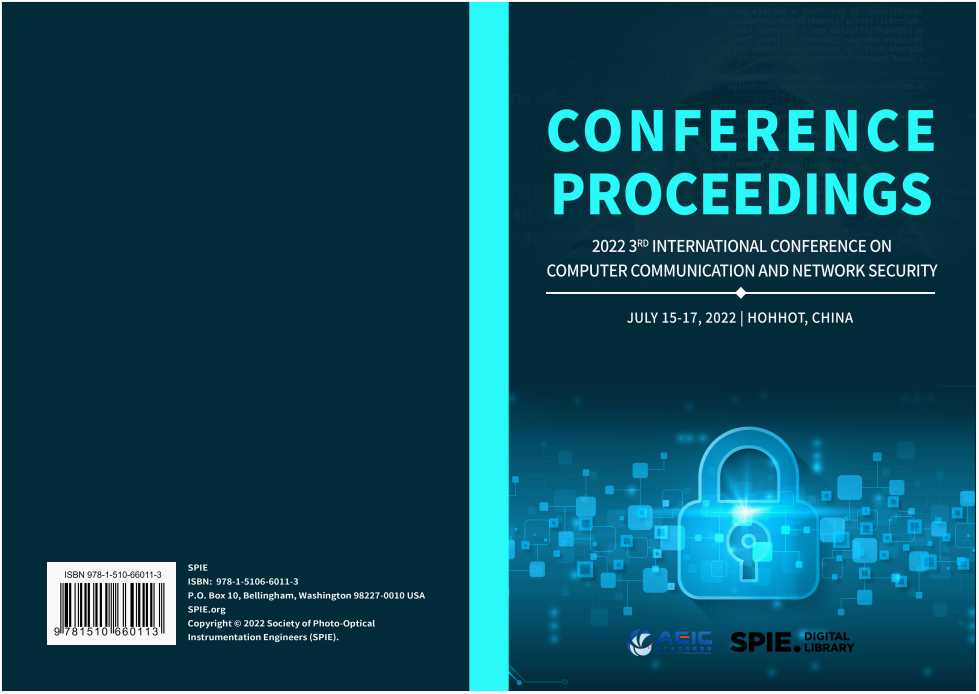 | >>>CCNS 2022 SPIE EI Compendex Scopus SPIE ISBN: 978-1-5106-6022-3 |
2022 3rd International Conference on Computer Communication and Network Security (CCNS 2022)
2022 3rd International Conference on Computer Communication and Network Security (CCNS 2022) was held successfully on July 15, 2022 online. CCNS 2022 was to bring together innovative academics and industrial experts in the field ofComputer Communication and Network Security. The primary goal of the conference was to promote research and developmental activities in related research, which was to promote scientific information interchange between researchers, developers, engineers, students, and practitioners working all around the world. There were 4 keynote speeches and 4 oral speeches being presented. Each one shared views and ideas of the latest reseach.
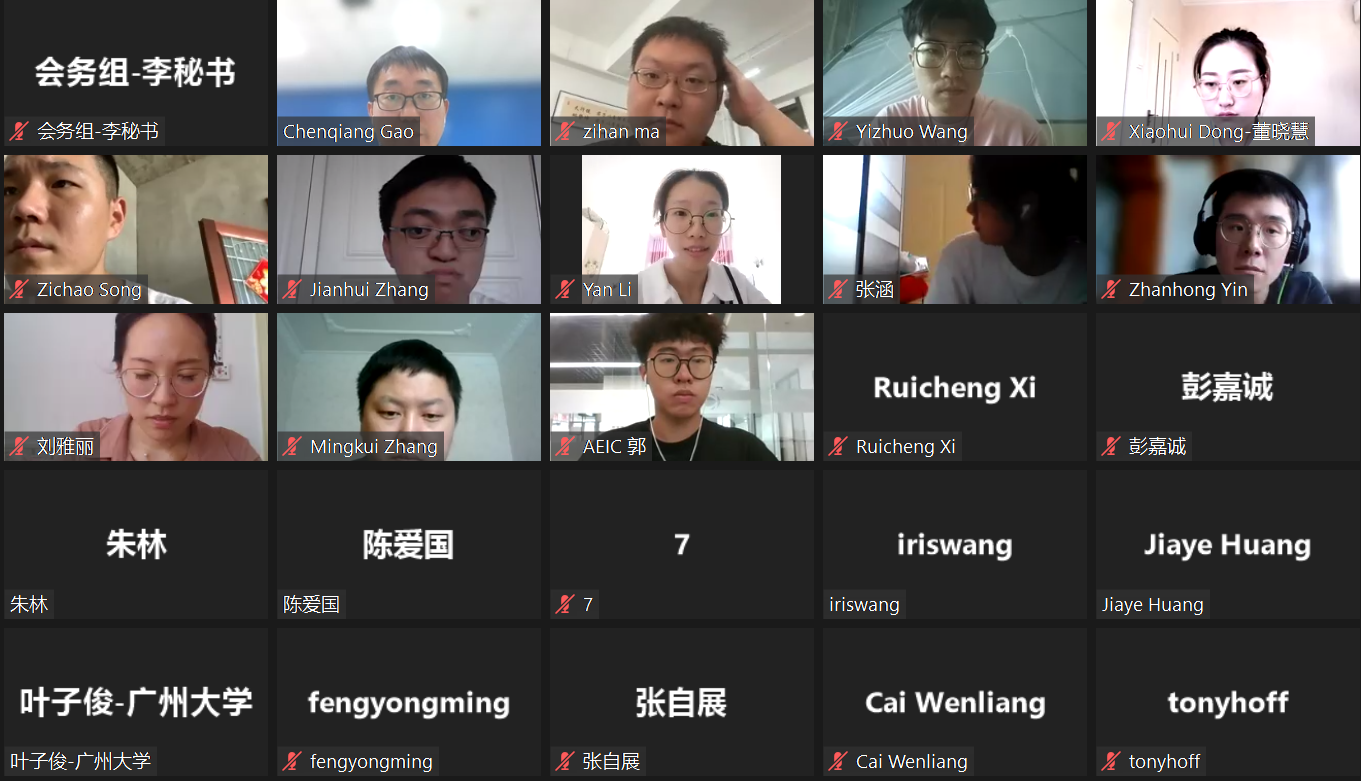
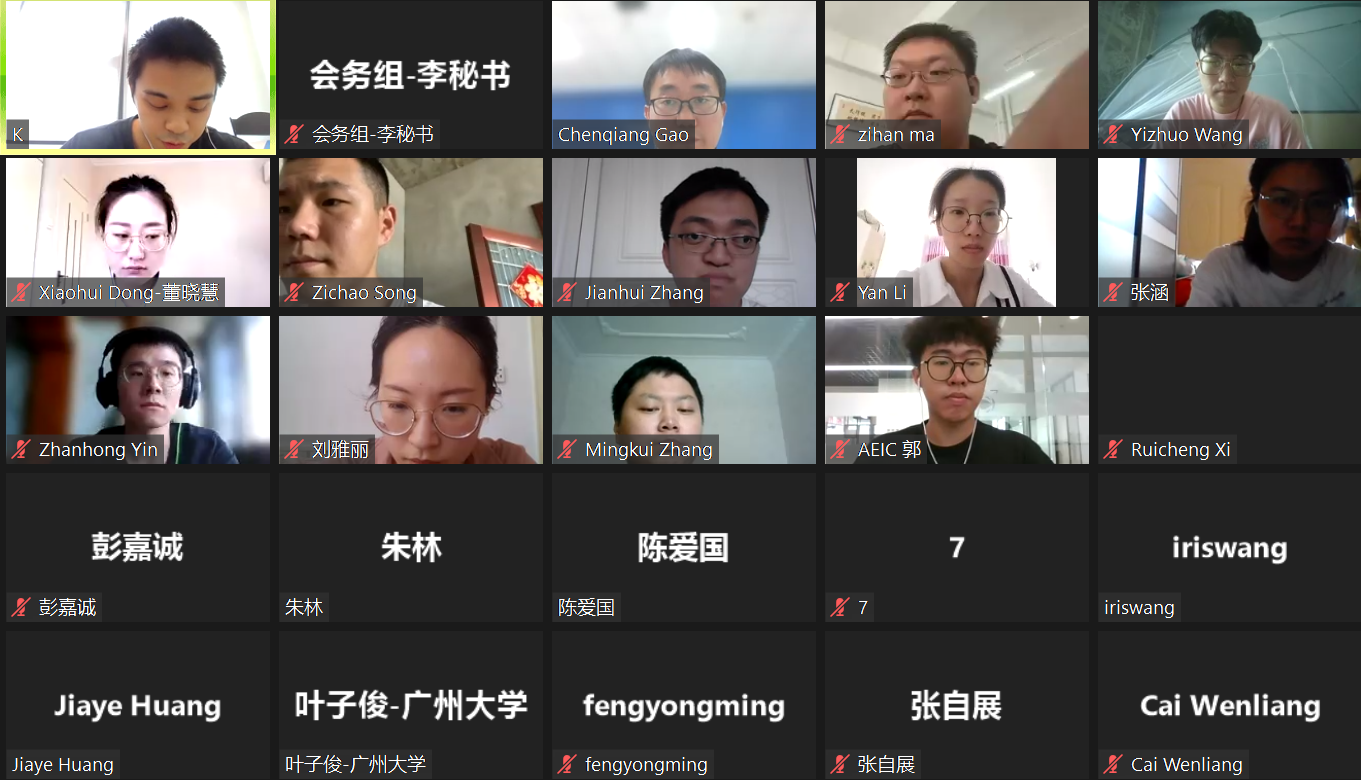
First of all, the host introduced the background of the conference and extended the warm welcome to all the participants on behalf of the committee. After the first keynote speaker, there was a "group photo" session and captured a screen for all the participants.
Keynote Speeches
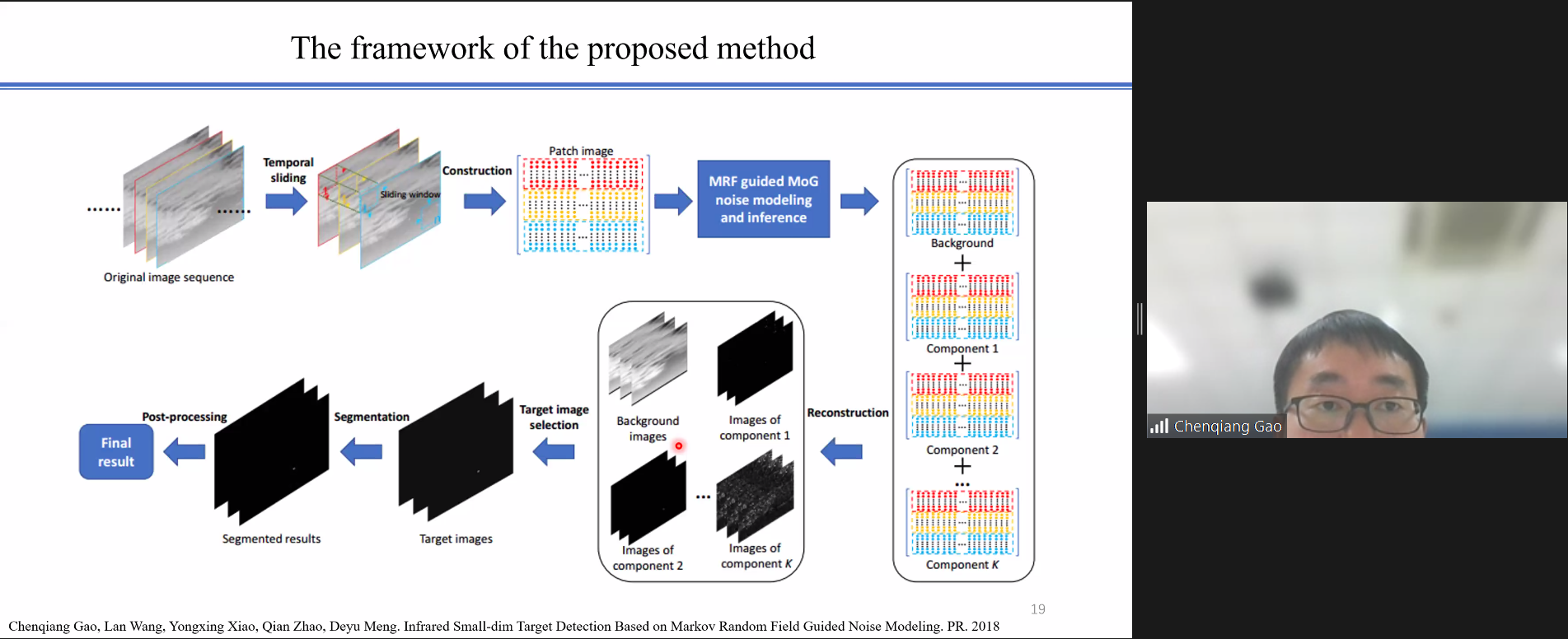
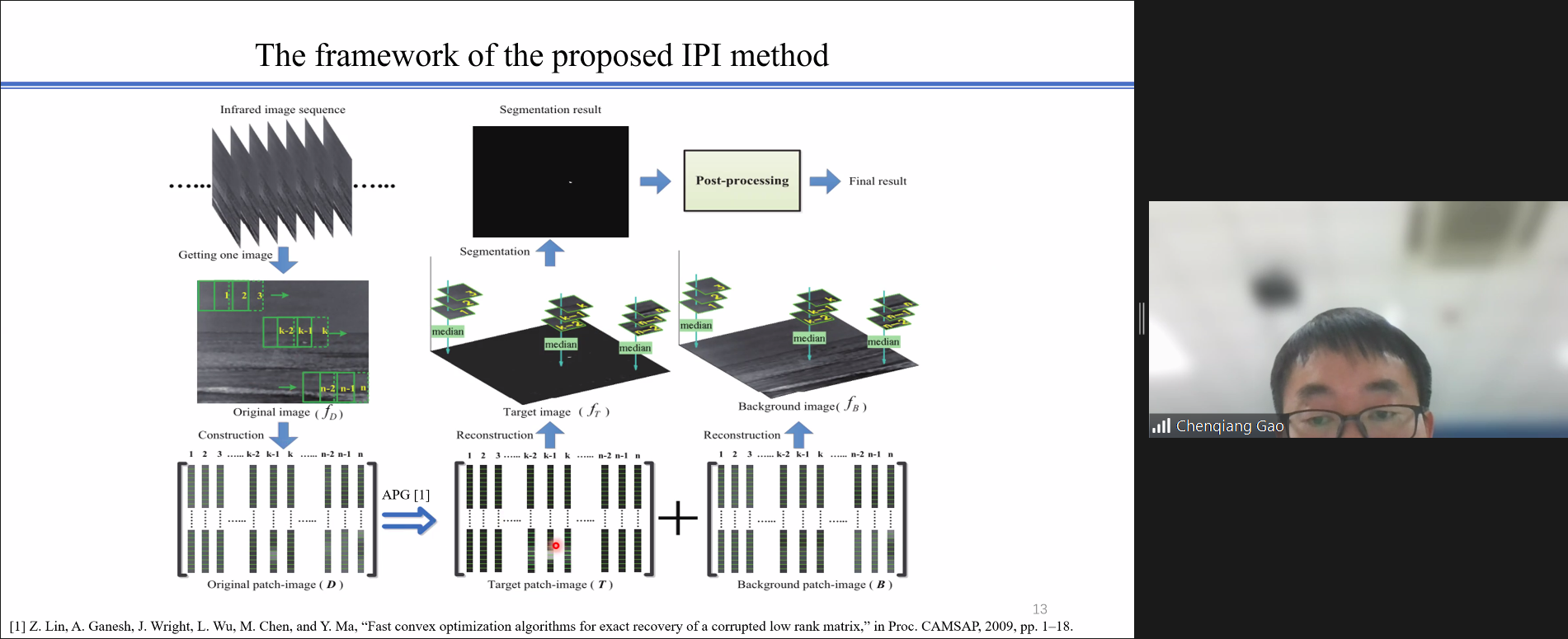
The first keynote speaker is Prof. Chenqiang Gao from Chongqing University of Posts and Telecommunications, China. The speech title is: Infrared small target detection: From model-driven methods to data-driven methods.
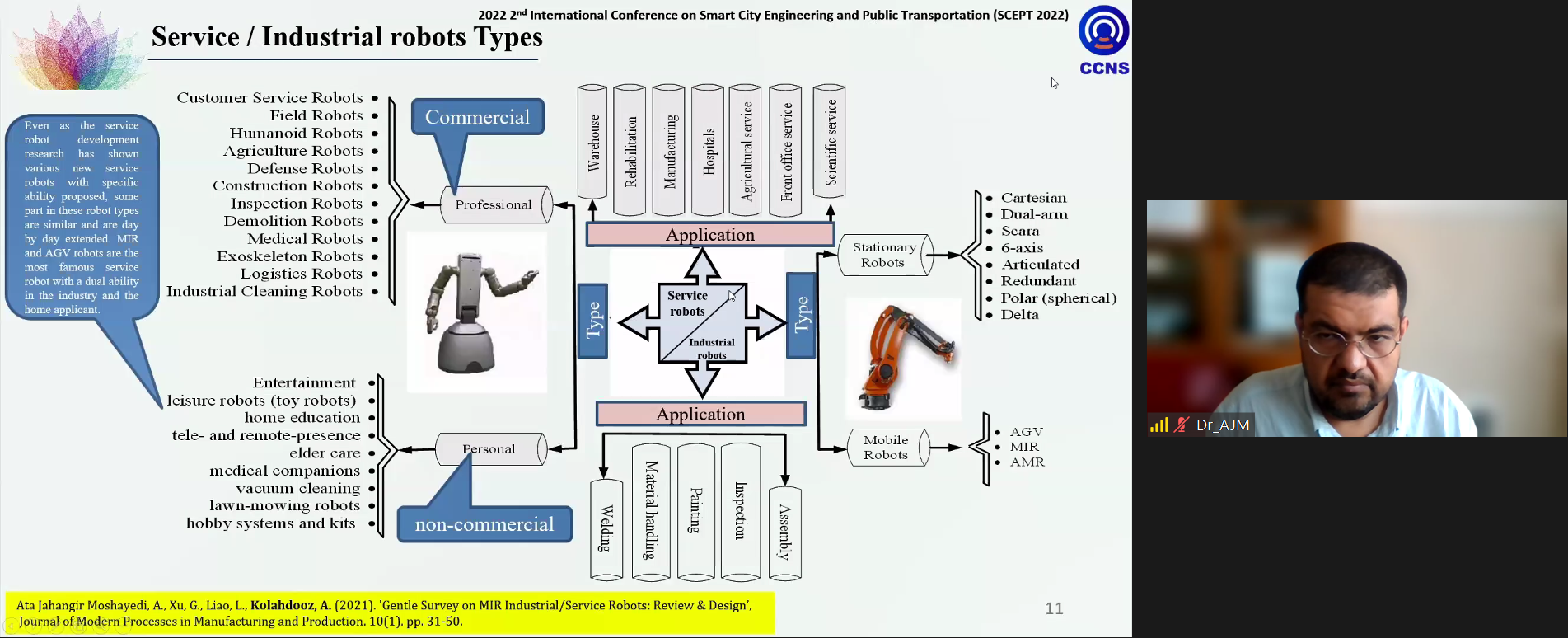
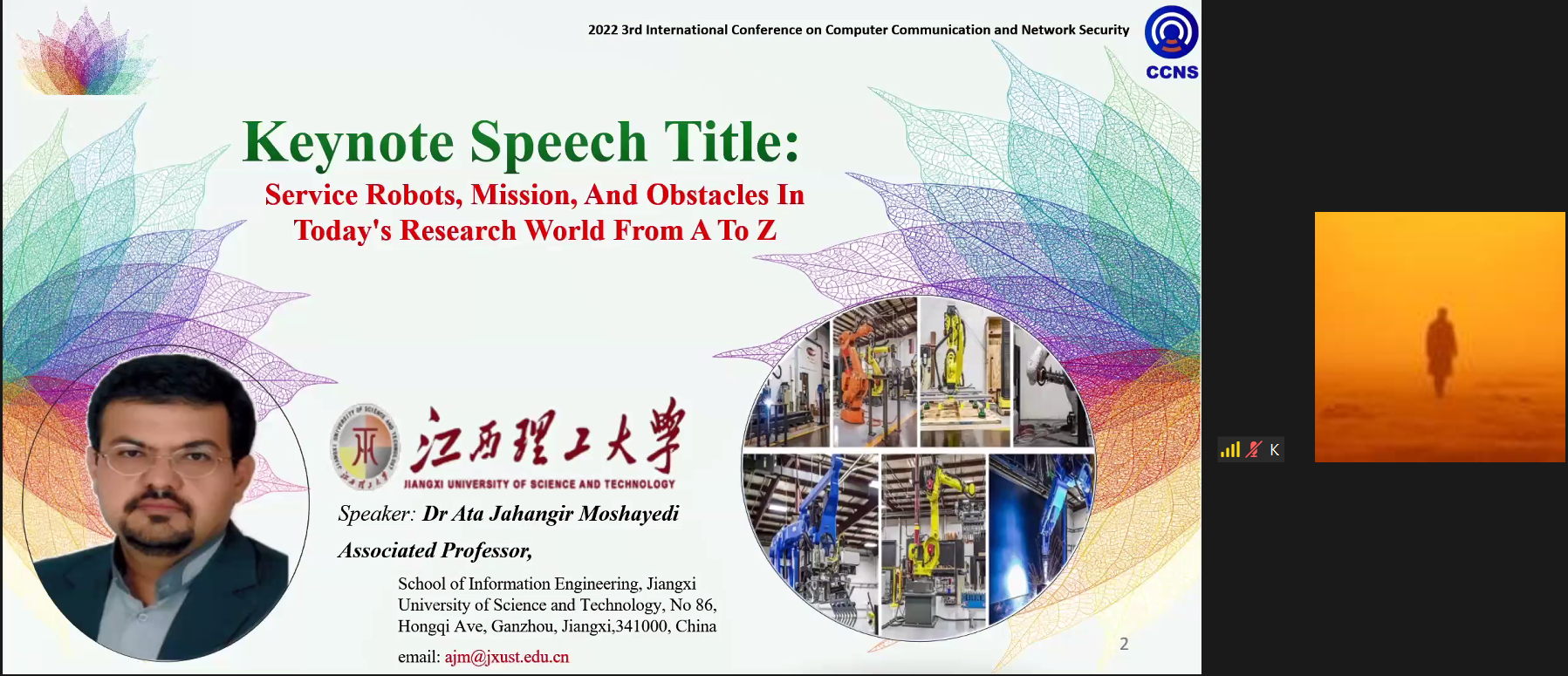
After that, Assoc. Prof. Ata Jahangir Moshayedi from Jiangxi University Of Science And Technology, China. The speech title is: Service Robots, Mission, And Obstacles In Today’s Research World From A To Z.
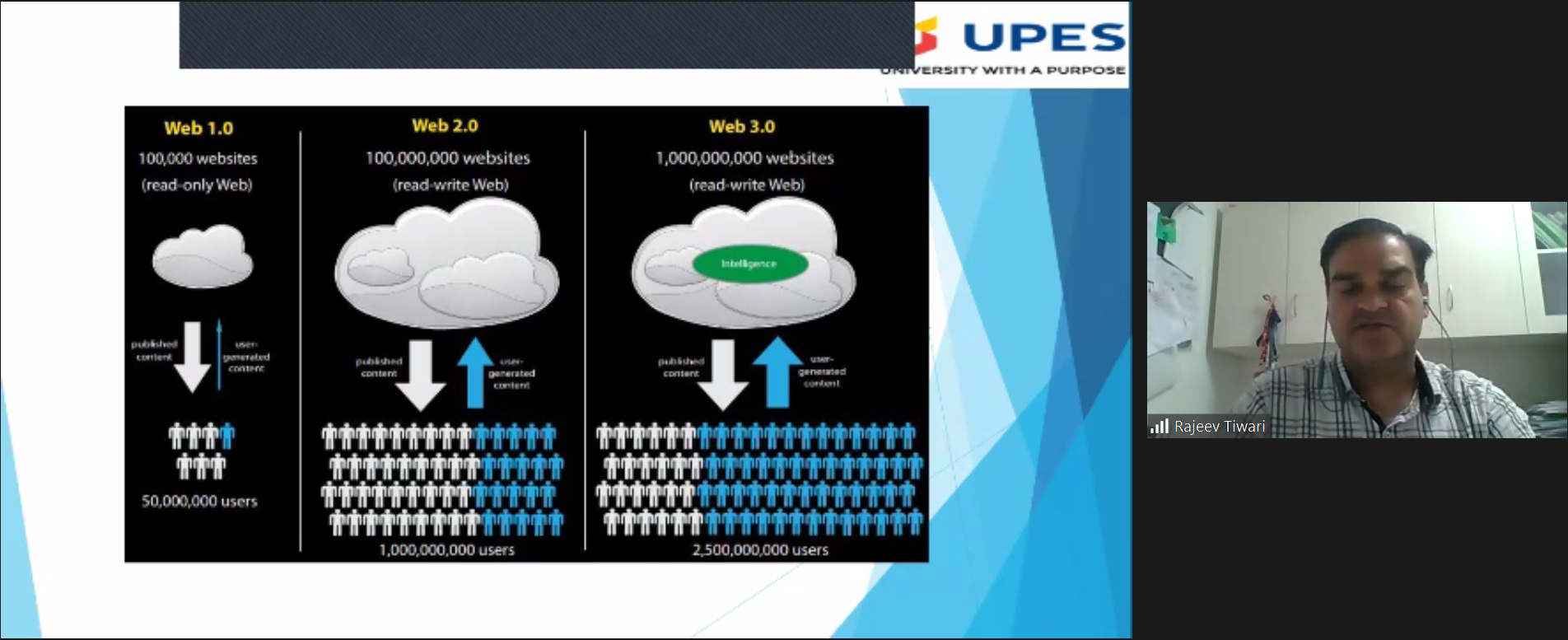
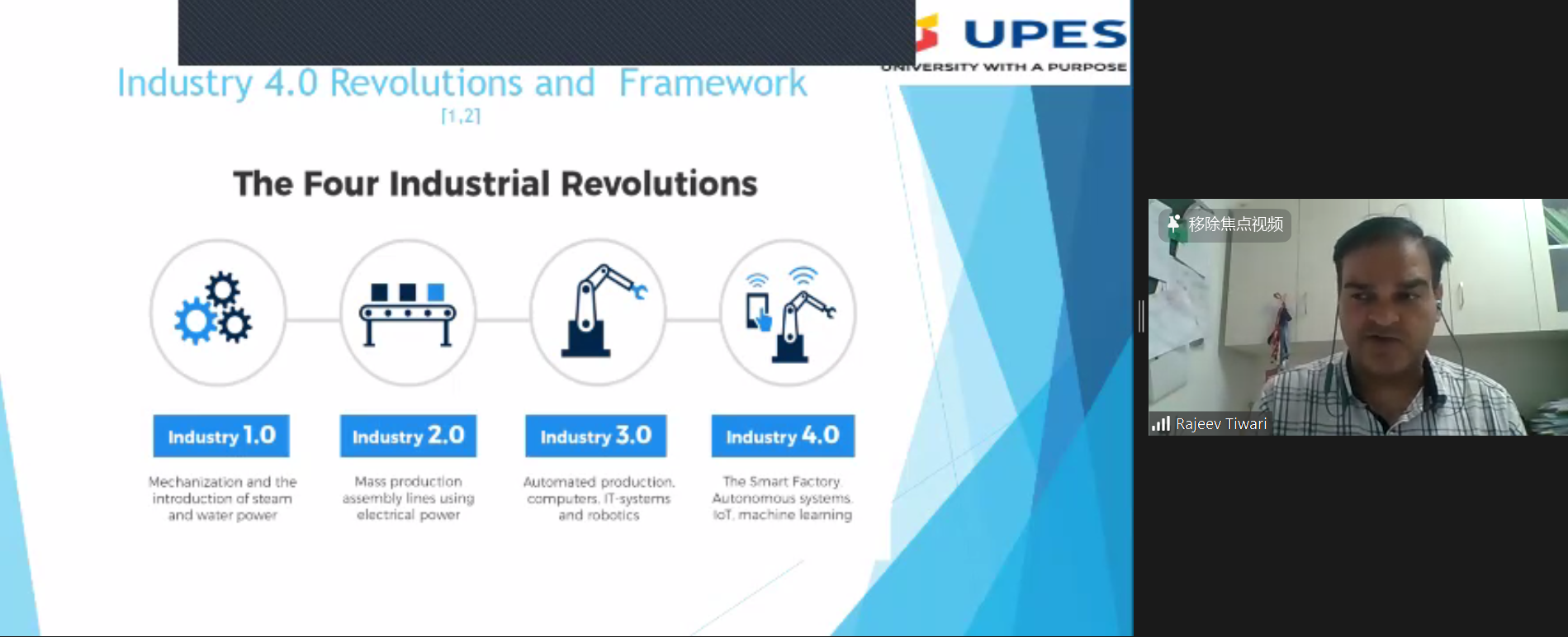
Assoc. Prof. Rajeev Tiwari from University of Petroleum and Energy Studies. The speech title is: Cloud Computing Research prospects in Industry 4.0 Framework.
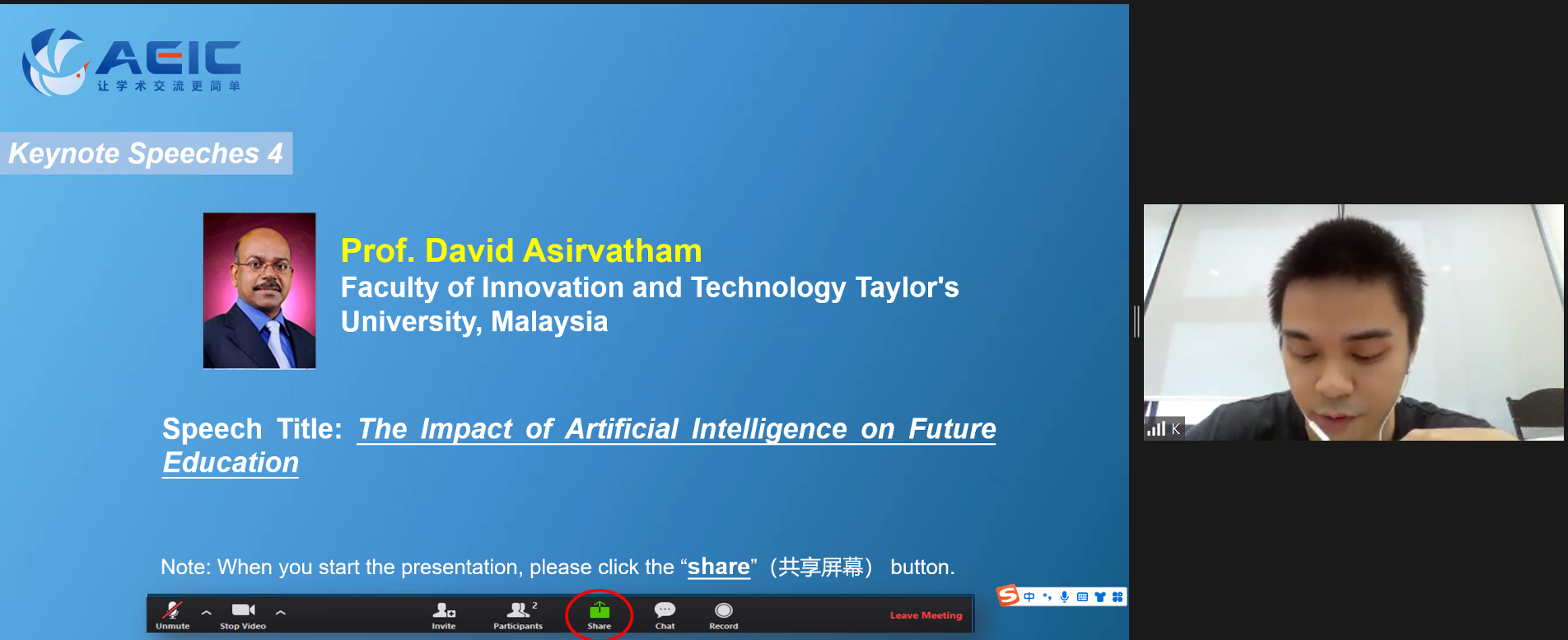

Prof. David Asirvatham from Faculty of Innovation and Technology Taylor's University, Malaysia. The speech title is: Framework.The Impact of Artificial Intelligence on Future Education.
Oral Speeches
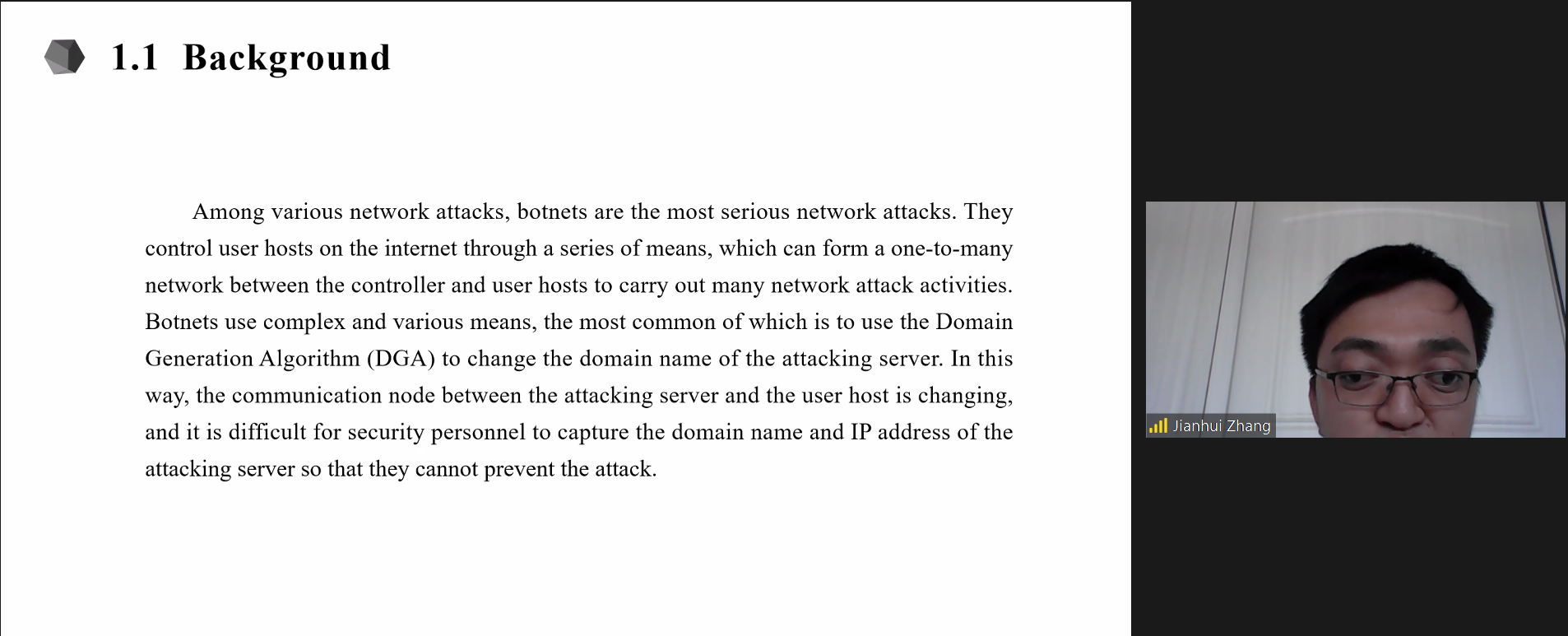
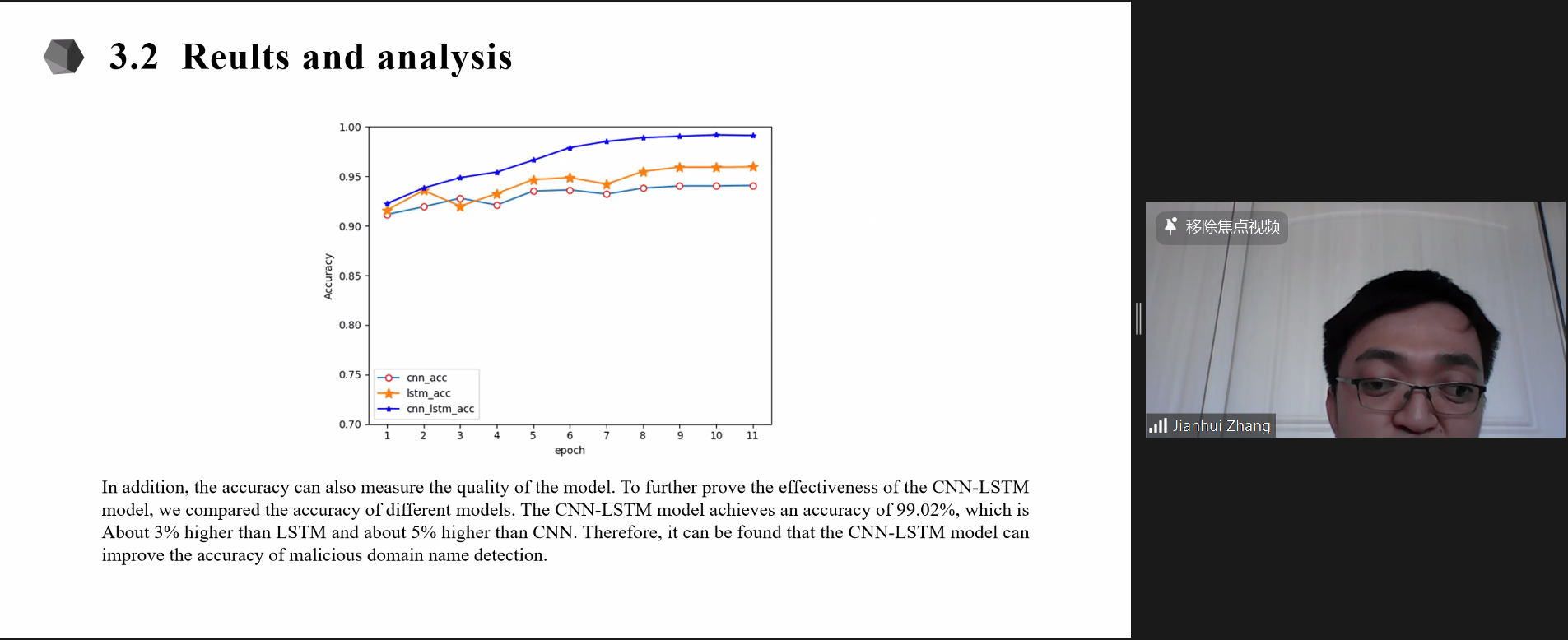
Jianhui Zhang, from College of Information Engineering, Hebei University of Architecture, Hebei, China. The title of his speech is: Malicious Domain Name Detection Model Based on CNN-LSTM.
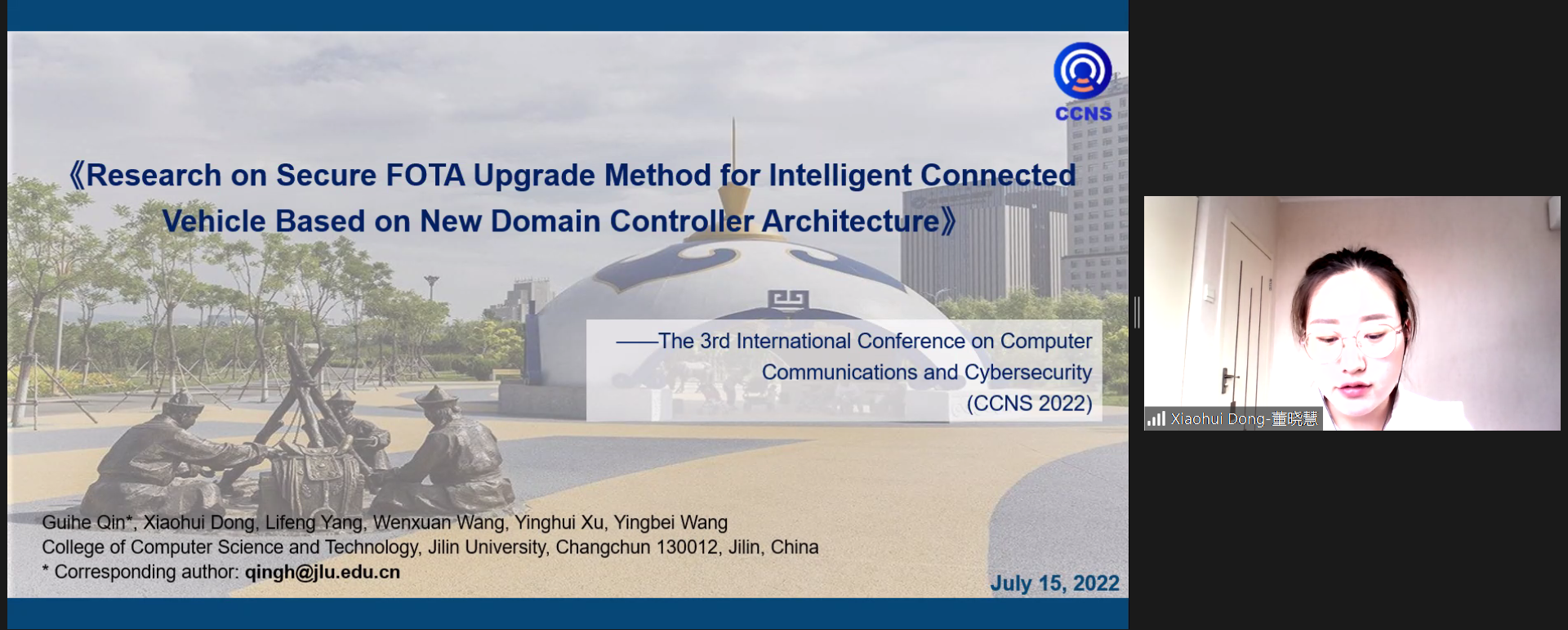
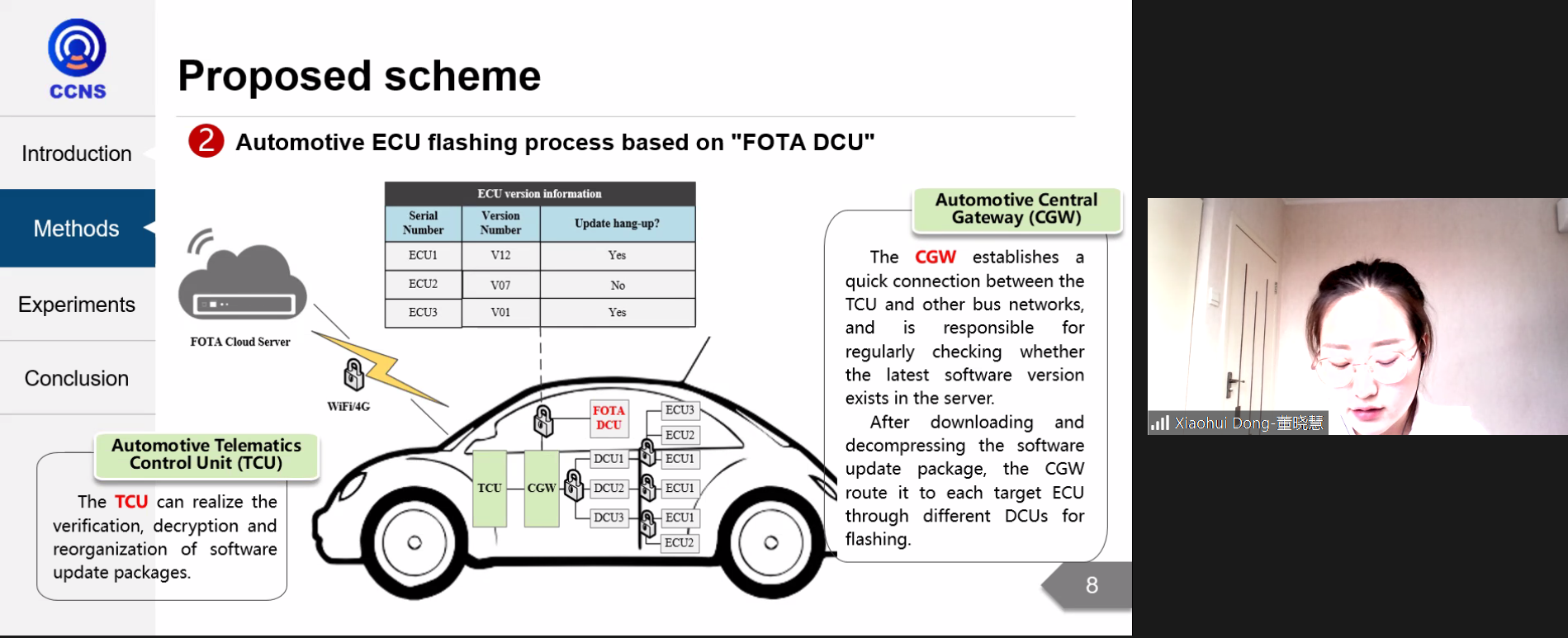
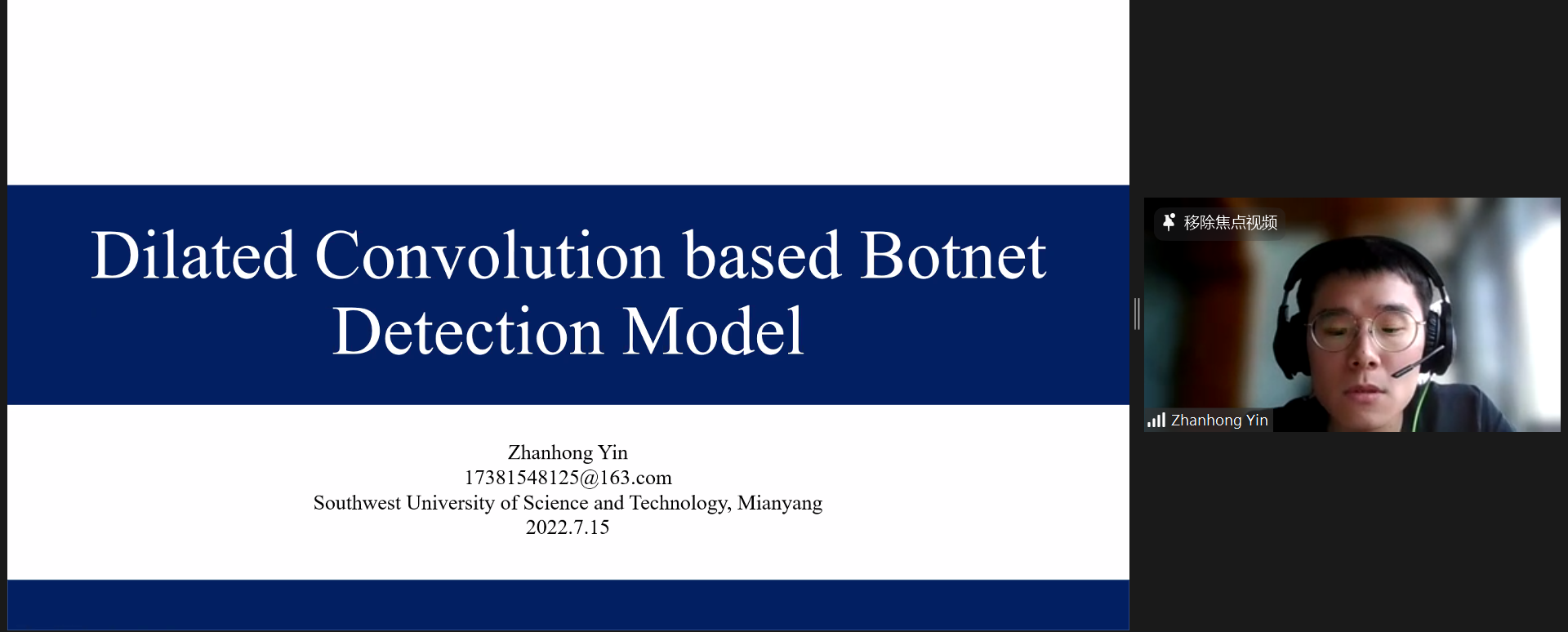
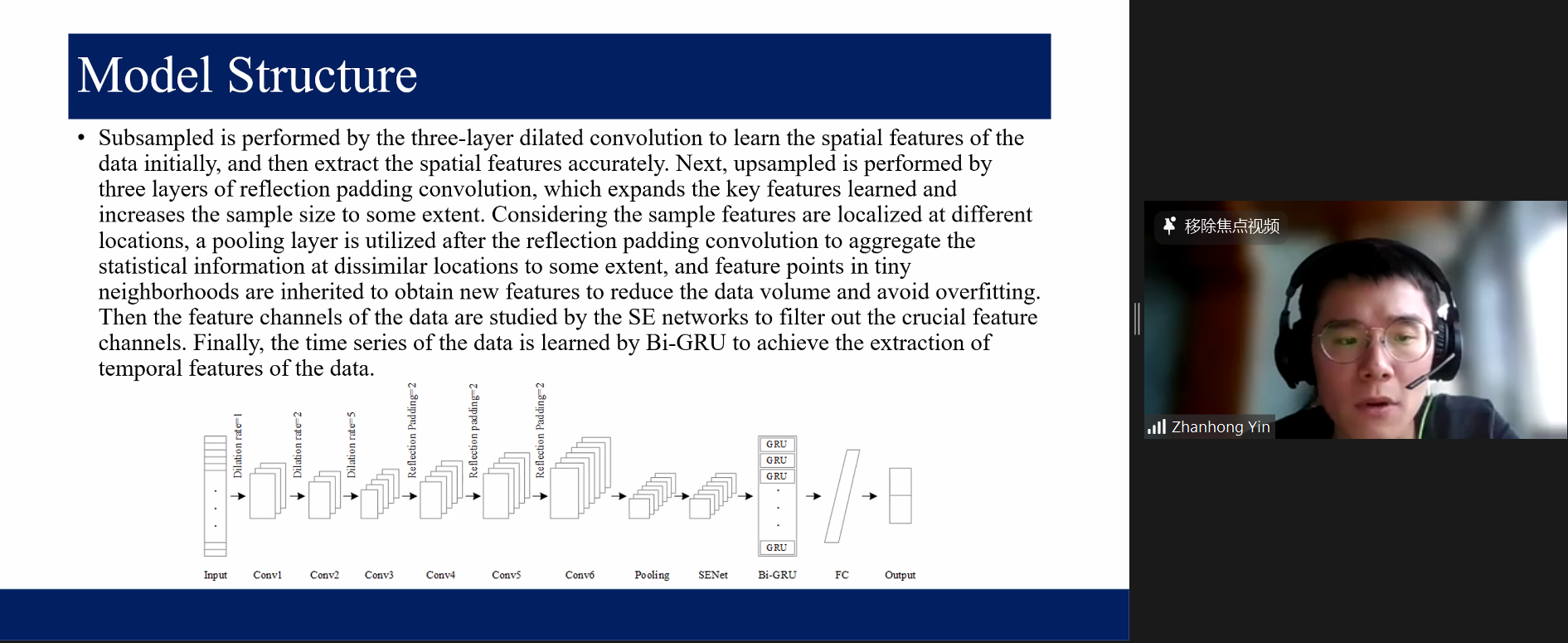
Zhanhong Yin, from School of Computer Science and Technology, Southwest University of Science and Technology, Mianyang, Sichuan, China. The title of his speech is: Dilated Convolution based Botnet Detection Model.
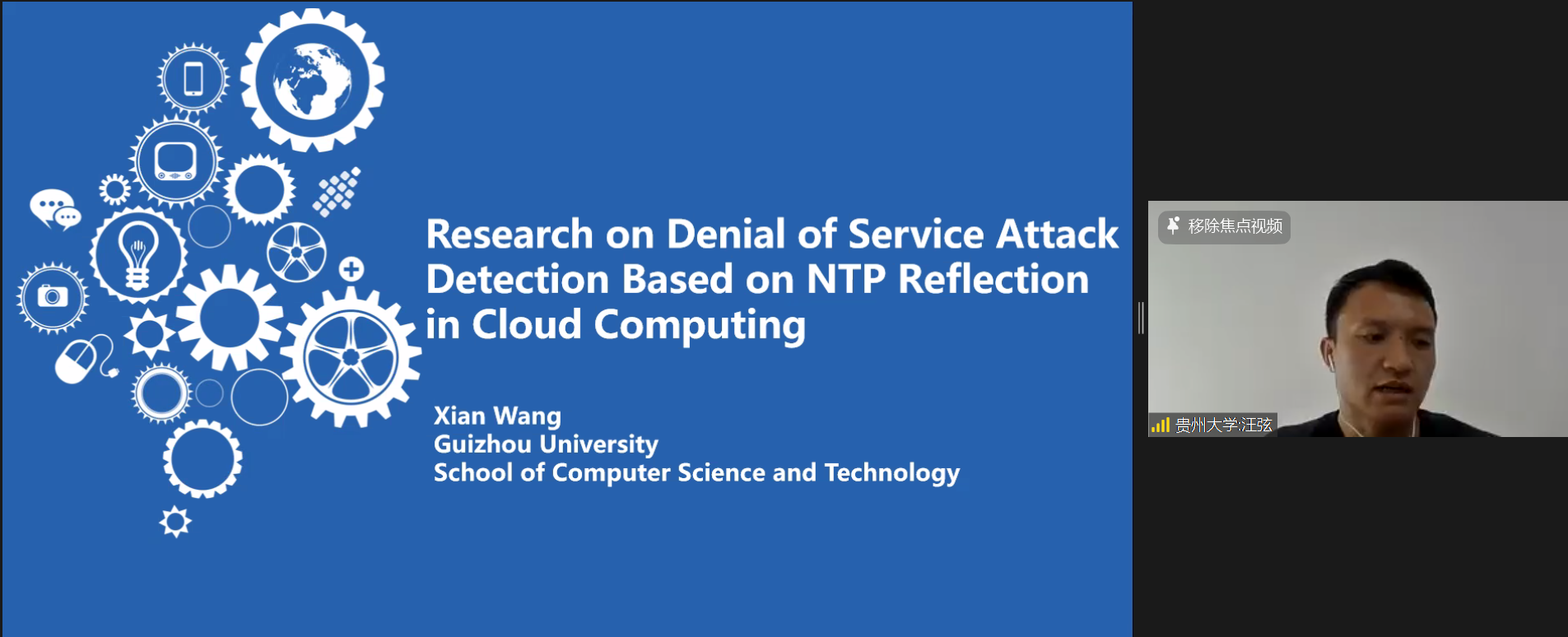
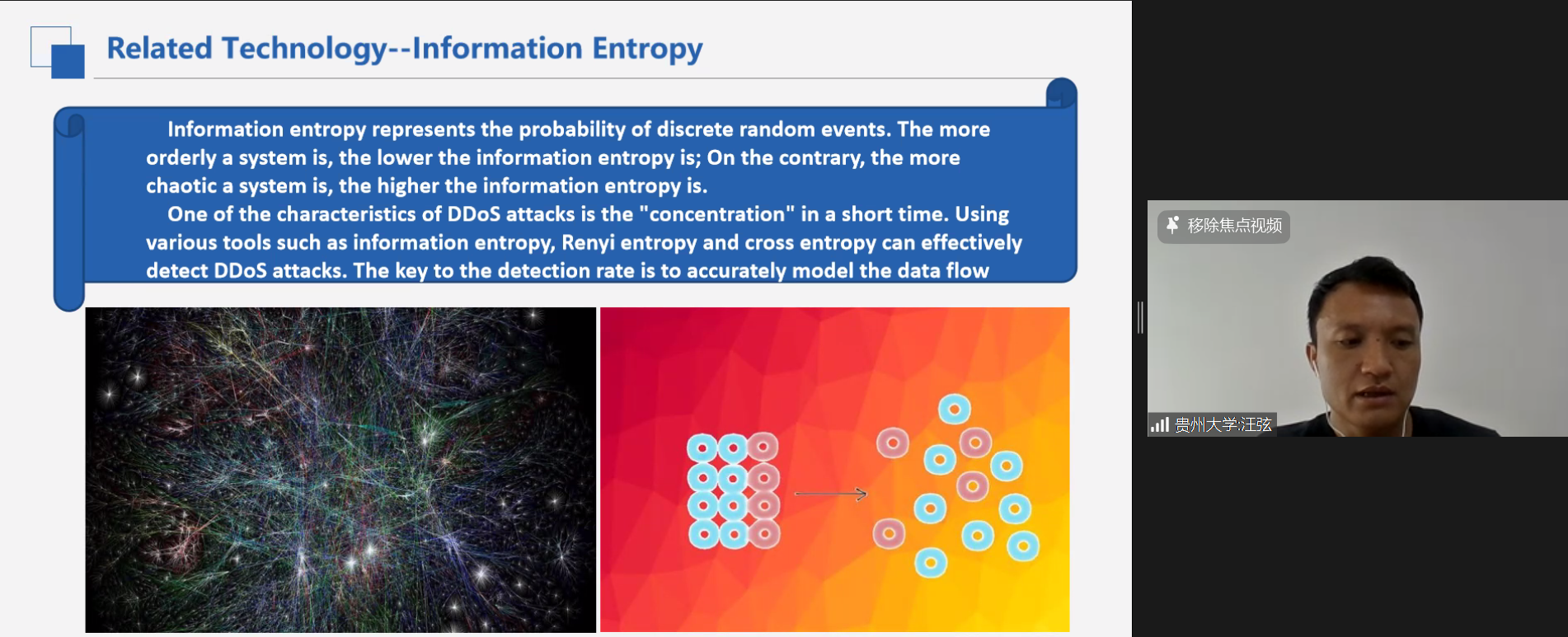
Xian Wang, from School of Computer Science and Technology,Guizhou University, China. The title of his speech is: Research on Denial of Service Attack Detection Based on NTP Reflection in Cloud Computing.
This conference provided opportunities for the different areas delegates to exchange new ideas and application experiences face to face, to establish business or research relations and to find global partners for future collaboration.